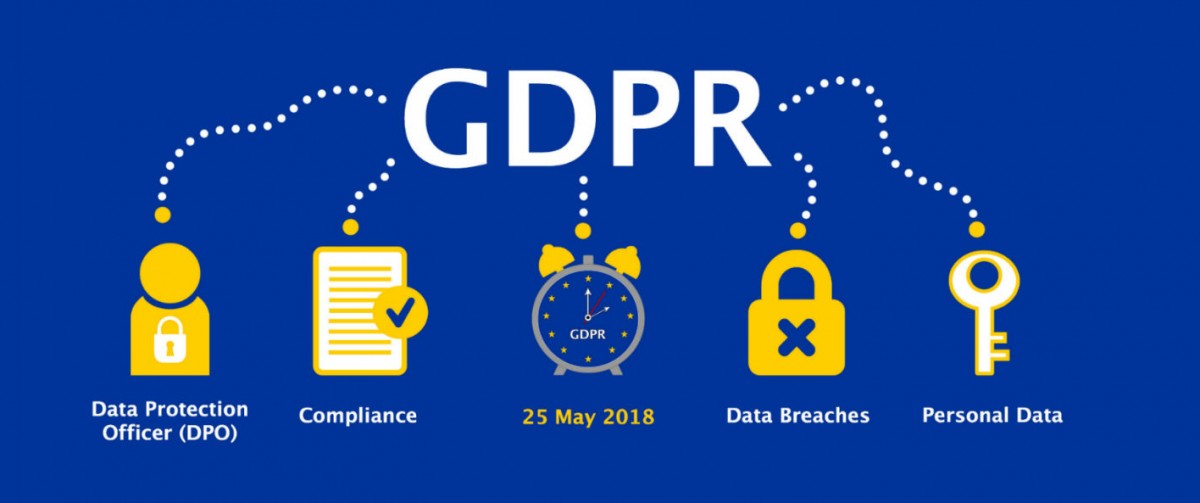How to handle millennials in the workplace
Millennials, Generation Y, Gen Y… whatever you choose to call them, when I speak to business owners about the new generation of staff, they say they are hard to manage, they lack work ethic, they fall apart the first time they receive negative feedback and they don’t want to do the hard graft that they were used to when they joined a company.
This generation is so interesting that entire studies have been devoted to them. As the workplace shifts to integrate new age groups, the dynamics definitely change.
The big message for business owners and managers is that your usual approach to managing staff needs to adapt. Employers need to sit up and take note of this as by 2020 your workforce will be made up of almost 50% of millennial employees.
Thankfully we’re here to help. Bring your management style up-to-date and effectively manage not only millennials, but all employees, thanks to our carefully curated top tips.
Understanding millennials
First up, it’s important to try to understand millennials. This group definitely get a bashing for their kale and avocado loving ways, but the truth is that recent grads aren’t any more disruptive than the generation that preceded them. When Gen X (those born in the mid-1960s to early 1980s) started working, their Boomer predecessors viewed them as aspirational slackers. But with that being said, where millennials do differ is their unique quality of going against the ‘typical’ characteristics of what is viewed as ‘office norm.’ Therefore, understanding what it is that they want and need in the workplace is key to effectively managing them so that productivity and morale aren’t compromised.
Encourage opportunities for learning and development
While millennials might have received a bad rap in recent years, it’s undeniable that they have a great work ethic. In fact, they crave progression and learning in the workplace. Those born in the nineties have grown up in an era of stimulation, thanks to the introduction of the internet, social media and apps. Eager for new experiences, they work particularly well when given short term goals. Keen to take their career to the next level, they thrive on being assigned new projects or temporary positions which allow them to ‘act up’ with a sense of purpose.
Create the perfect work-life balance
While all of us aim to find this balance, no one craves it more than millennials. A generation of multitaskers, their personal lives are just as busy as their careers and they crave flexibility. Many don’t want to be tied to the culture of 9am – 5pm office working, and prefer to work from home or enjoy flexi from time-to-time so it’s worth considering whether this approach can be introduced in your workplace.
It’s more than just money
While money is definitely an incentive, in recent years, there has been a shift towards finding value in the job itself, with a focus on location, ability to meet new people, office relationships and a relaxed atmosphere receiving more emphasis. Things like vouchers, extra days off and reward schemes are considered extremely rewarding and motivating. Millennials also thrive on being able to demonstrate their potential to bosses so definitely relish a challenge to exert their skills and capabilities in the workplace.
Recognise that they are fearless
By this, we mean that they don’t fear change. Their decisions are usually more autonomously than other generations. They have goals in mind and won’t sit around waiting for them to happen. If they can’t identify their purpose, feel they don’t have a good work-life balance or have poor relationships with their peers, they will find a way to move elsewhere. Therefore, it’s important to have a plan in place for retaining staff. Frequent appraisals and opportunity for growth within the company are key.
Don’t be bossy
It’s widely viewed that millennials push back against traditional forms of authority. In an era where everything is instant, they don’t respond well to rigidity or power plays. Therefore, acting as a mentor rather than an authoritative boss lends itself well to this style of worker.
Place an emphasis on company culture
By now, you’ll probably have come to the conclusion that company culture is important. Millennials thrive on feeling that what they are doing is worthwhile. It is about the experience and purpose than just the pay slip at the end of the month. Therefore, consider your company culture and how it could be improved.
Recognise achievements
One of the biggest lessons that social media has taught us is millennials’ need for approval, and this also applies in the workplace. Understanding that they need recognition from both their peers and superiors will go a long way in retaining them.
Understand their marketing capabilities
Millennials are their own biggest advocators, as they regularly promote aspects of both their personal and work lives on social media. This generation can make for wonderful brand ambassadors, so don’t overlook their ability to promote your firm. From involving them in branding tasks or focus groups, to bringing them along to job fairs or making them a spokesperson for your company on social media, they will relish the opportunity to have their voice heard.
In recent years, much emphasis has been placed on the negative traits of so called millennials, but the fact is that there’s so much to this complex group, which can be immensely positive in the workplace. From placing emphasis on job satisfaction rather than money, to craving learning and progression, there’s no denying that their fresh approach to working can have a positive impact on your company’s culture.
We are here to help
For expert advice on effectively managing millennials in the workplace contact Julie Pollock on 07858089006 or julie@consulthr.co.uk to discuss further.





































